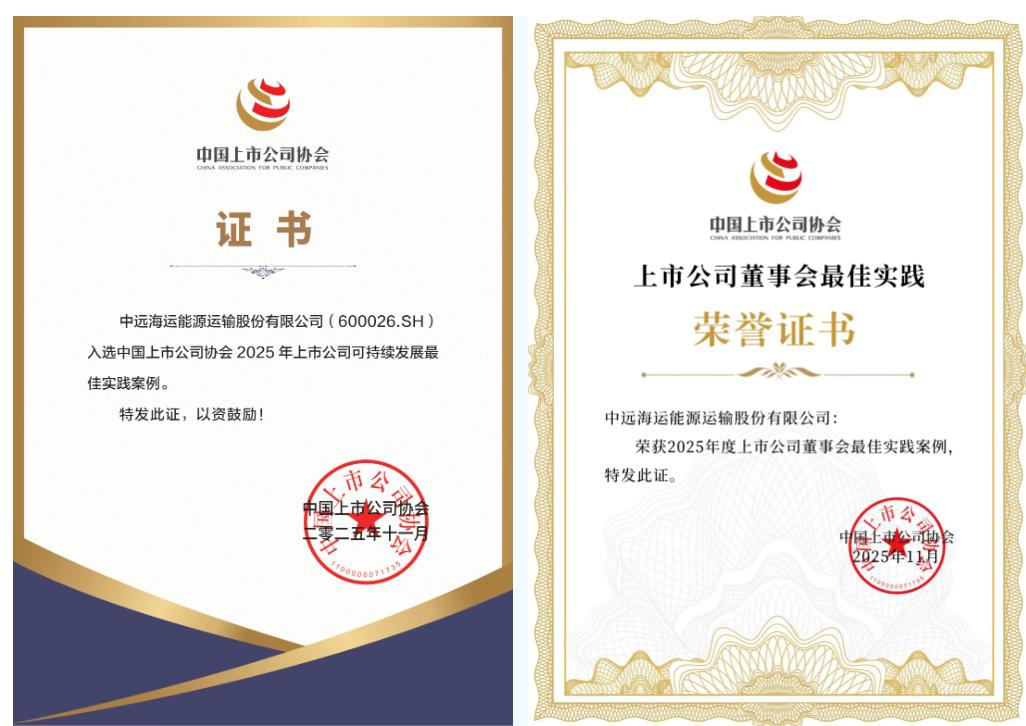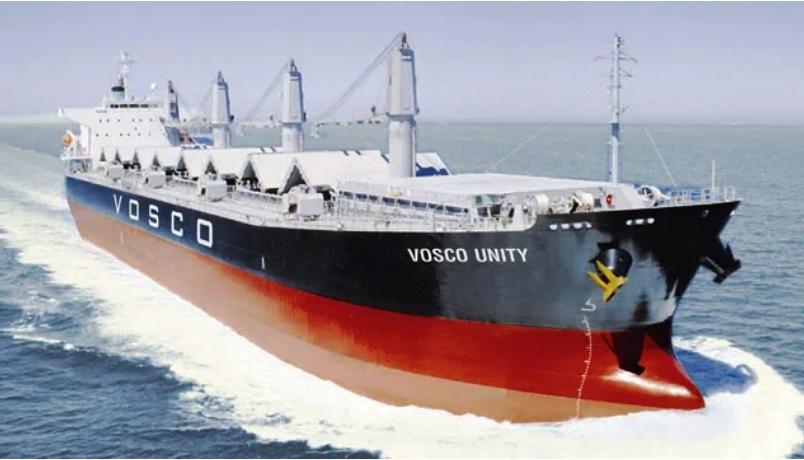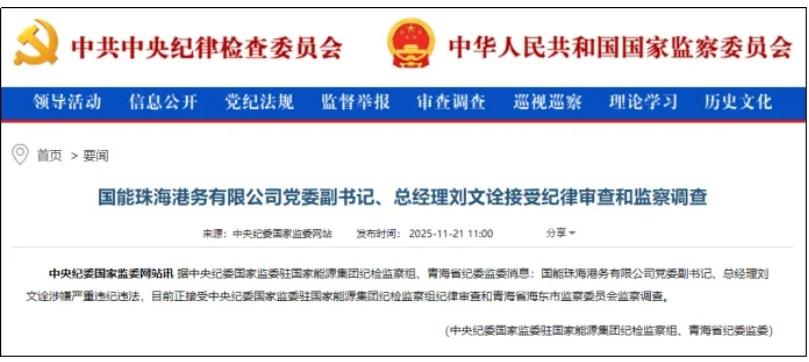General Principles 基本原则
The construction of laytime clauses
装卸货时间条款的合约解释
1.38 There are a number of general principles that apply to the construction of charterparty clauses, including laytime clauses. These include that:
all clauses in a charterparty should where possible be read harmoniously;
where there is a conflict, additional clauses should take precedence over those in the printed form;
where there is a conflict, clauses that appear later in the charter are to rule; and
clauses can be construed contra proferentem the party for whose benefit they have been inserted.
1.38这有一些适用于解释租船合同条款的基本原则,其中包括装卸时间条款的一些解释原则。它们是:
在租船合同中的所有条款应尽可能协调地进行解读;
当产生冲突时,附加条款应该优先于印就格式条款;
当产生冲突时,在租船合同中后面出现的条款占支配地位;和
条款应能够针对(或不利于)添加该条款并试图得利的一方进行解释。
1.39 In addition, the courts have over the years expressed various views as to how the intentions of the parties should be discerned from the words they have used in the charter.
1.39此外,这些年来,对如何从他们在租船合同中使用的词语中分辨出当事人的意图,法院已经对此表达各种各样的观点。
1.40 Thus in Storer v. Manchester CC, Lord Denning MR said at page 1408:
In contracts you do not look into the actual intent in a man’s mind. You look at what he said and did. A contract is formed when there is, to all outward appearances, a contract. A man cannot get out of a contract by saying “I did not intend to contract” if by his words, he has done so. His intention is to be found only in the outward expression which his [words] convey. If they show a concluded contract, that is enough.
1.40 因此在Storer v. Manchester CC案,上诉法院院长(Master of the Rolls上诉庭庭长,主事法官,掌卷法官,卷宗主任)Denning勋爵在第1408页说:
在合同中,你不应该去探寻一个人脑海中的真正实际的意图。你只需看他说了什么和做了什么。当合同具有所有外部表象的时候就形成了合同。一个人不能脱离合同说:‘我不打算订立合同’,如果根据他说的话,他已经这样做了。他的意图就只能从他[说的话]所传递的外部意思表示中得以认定。如果他们能够证明一个结论性的合同,这已是足够了。

1.41 In the same year, in Schuler AG v. Wickman Machine Tool Sales Ltd, where the issue was whether a term of the contract was a condition, as the contract stated, any breach of which would entitle the other party to bring the contract to an end, or something less, Lord Reid, who gave the first speech, said this:
But we must remember we are seeking to discover intention as disclosed by the contract as a whole. Use of the word “condition” is an indication—even a strong indication—of such an intention but it is by no means conclusive.
The fact that a particular construction leads to a very unreasonable result must be a relevant consideration. The more unreasonable the result the more unlikely it is that the parties can have intended it, and if they do intend it the more necessary it is that they should make that intention abundantly clear.
1.41同一年,在Schuler AG v. Wickman Machine Tool Sales Ltd案中,其中的争议是,合约条文是否如合同中所载明的那样是一个条件条文,任何违反该条文就会赋予另一方终止合同的权利,或者不足以终止合同,Reid勋爵,他首先发言,说:
但是,我们必须铭记,我们正在试图根据整体上的合同进行探索其所呈现的意图。使用‘条件’这一词语是该意图的一个指示——甚至是强烈的指示——但它绝不是决定性的。
一个特殊的解释会导致一个非常不合理的结果,这一事实必须进行相应的考虑。越是不合理的结果,越不可能是当事双方所意愿的,然而,如果当事人确实有这样的意愿,那么他们就越有必要去极为清楚明确地表达这一意愿。
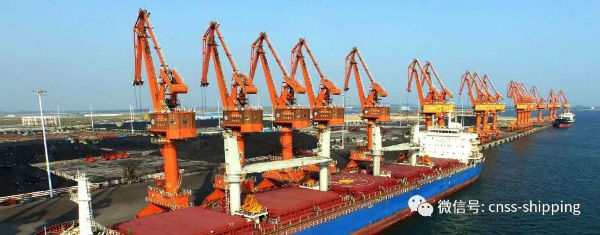
1.42 Mention should also be made of a dictum of Lord Diplock in Antaios Compania Naviera SA v. Salen Rederierna AB (a case well known in shipping circles) where at page 201, Lord Diplock said:
. . . if a detailed semantic and syntactical analysis of a word in a commercial contract is going to lead to a conclusion that flouts business common sense, it must be made to yield to business common sense.
A similar dictum was put forward by Lord Mustill in Torvald Klaveness v. Arni Maritime, where his lordship said:
Naturally, no judge will favour an interpretation which produces an obviously absurd result unless the words used drive him to it, since it is unlikely that this is what the parties intended. But where there is no obvious absurdity, and simply assertions by either side that its own interpretation yields the more sensible result, there is room for error.
In Reardon Smith v. Hansen-Tangen, Lord Wilberforce explained the relevance of the factual background and the commercial purpose of the contract at pages 624 and 625 of the law report:
No contracts are made in a vacuum: there is always a setting in which they have to be placed. The nature of what is legitimate to have regard to is usually described as “the surrounding circumstances”, but this phrase is imprecise: it can be illustrated but hardly defined. In a commercial contract it is certainly right that the Court should know the commercial purpose of the contract and this in turn presupposes knowledge of the genesis of the transaction, the background, the context, the market in which the parties are operating.... [p. 624]
It is often said that, in order to be admissible in aid of construction, these extrinsic facts must be within the knowledge of both parties to the contract, but this requirement should not be stated in too narrow a sense. When one speaks of the intention of the parties to the contract, one is speaking objectively—the parties cannot themselves give direct evidence of what their intention was—and what must be ascertained is what is to be taken as the intention which reasonable people would have had if placed in the situation of the parties. [p. 625]
1.42另外还应提到Antaios Compania Naviera SA v. Salen Rederierna AB案(航运界非常著名的案件)中Diplock勋爵的名言,在法律报告第201页,Diplock勋爵说:
……如果对在商业合同中的词语进行详细的语义和句法的分析将会导致违反商业常识的结论,它必须屈服于商业常识。
在Torvald Klaveness v. Arni Maritime案,Mustill勋爵提出类似的格言,说:
当然,没有任何一个法官会支持一个会明显地产生荒谬结果的解释,除非这些词语强迫他如此,因为它不可能是双方当事人所预期的结果。但,当这没有明显的不合理,且任何一方简单地断言认为他们自己的解释会产生更为合理的结果时,这就是错误的所在。
在Reardon Smith v. Hansen-Tangen案,在法律报告第624页和第625页,Wilberforce勋爵对合同的订约背景和其商业目的之间的相关性做出了解释:
没有合同能够凭空捏造:这总是要有一个它们被放置的背景。其所要考虑的合法性通常被描述为‘周围环境’,但这个短语不是很精确的:它可以被进行阐述说明,却很难去定义。在商业合同中,这是绝对正确的,法院应当知道合同的商业目的,相应地,这又预示了该交易发生形成的知识,背景,来龙去脉,对双方当事人影响的交易市场……[第624页]
人们常常说,在协助进行解释时,为了被接纳认可,这些外在的事实必须位于双方当事人对合同的知识范围之内,但这一要求并不说明要太过于狭义解释。当一个人谈到合同双方当事人的意图时,应是客观地讲话——合同当事双方本人不能就他们的意图提供直接的证据——和,所必须要确认的是,拿什么作为合同当事人意愿的证据,且该意愿必须是一个合理的人本应该能够具有的,如果把他置于合同双方当事人的环境之下的话。[第625页]
编者介绍
魏长庚船长:1996-2000 年在大连海事大学学习,获得航海技术专业学士学位。具有16年海上船舶航行经验,魏长庚船长一直热爱海商法(重点是英国海商法)的学习,并致力海商法的翻译工作(包括Informa出版的Bill of Lading(提单),Laytime and Demurrage(装卸时间与滞期费)等书籍
《装卸时间与滞期费》购买链接(点击可购买)
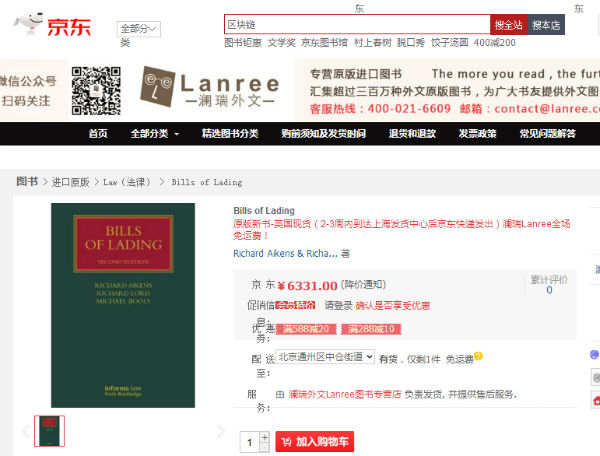
公益出版译著《Aikens on bills of lading》第二版中英文对照,筹款链接(可点击进入)
海运圈聚焦专栏作者 魏长庚船长(微信号CaptWei)

 2018-03-19
2018-03-19 1056
1056 







